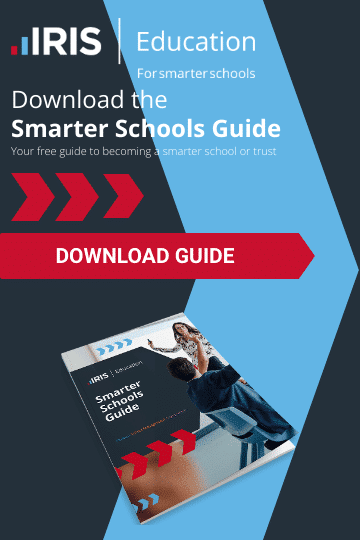BLOGS
Schools left shocked at software supplier’s 3-year lock-in plan

How would you feel if one of your domestic utility suppliers said they were automatically extending your contract to three years? Dumfounded probably! It just wouldn’t happen.
This appears to be the reality, however, for thousands of schools and multi-academy trusts; many of whom are now exploring legal action against their MIS supplier.
Legal action begins
Late last year, law firm, Stone King, confirmed that 49 clients, representing 397 schools, have signed up to take collective action over the supplier’s plans to automatically extend their contracts from one to three years from March 2022.
It appears the provider may have rowed back a little since the plans first went public, offering some the option of a six-month break clause in their new agreements. This is probably due to the backlash it caused.
To me, it felt very much like the supplier (ESS) was trying to lock out their rivals in order to retain business.
This sort of move can only be bad for schools as it has the potential to suppress innovation in the Edtech market.
Anchored to old tech
Everyone wants access to information as quickly and simply as possible – and that’s no different for schools. They don’t want to get stuck with clunky technology for years to come.
Being anchored down by a supplier in this way risks binding customers into old-world tech that will prevent them from responding to the challenges of the new world.
Will all schools understand the implications?
Some schools, already stretched with Covid pressures, might not realise what they are signing up for and some industry commentators believe this ‘material change of a school’s MIS contract’ triggers the need for a formal procurement process if you look closely at government legislation.
How should schools respond?
Many schools are now faced with the daunting task of changing their MIS in the face of a fast-approaching deadline.
More positively however, this is an opportunity for schools to get much more out of their MIS. Change can be daunting, but a new MIS may provide better tools to improve workload and pupil outcomes? These days migration is smooth and newer, cloud-based systems are incredibly easy to use.
My advice is schools should give their notice now if they haven’t done so already. This allows some breathing space to consider options. They will keep their supplier in the meantime until the contract effectively expires.
Or there is the option of the new offer of a break clause, that will allow schools to terminate the new three-year agreement on 30 September 2022, if they so choose, by giving notice on or before 31 August 2022.
To take up this offer, schools must accept the new agreement however, and then email ESS requesting to take up the break clause before 20 February 2022. They must also pay their annual invoice in full!
Schools need a supplier who will listen to the needs of their changing environment to give stability, reduce cost and create economies of scale. These suppliers exist.
Find out how IRIS could help you deal with this challenge.
By Simon Freeman









